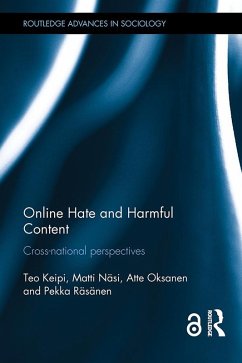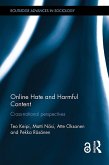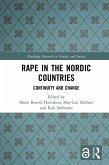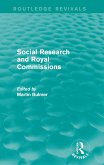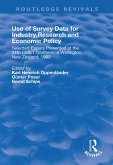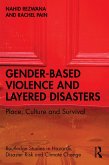Over the past few decades, various types of hate material have caused increasing concern. Today, the scope of hate is wider than ever, as easy and often-anonymous access to an enormous amount of online content has opened the Internet up to both use and abuse. By providing possibilities for inexpensive and instantaneous access without ties to geographic location or a user identification system, the Internet has permitted hate groups and individuals espousing hate to transmit their ideas to a worldwide audience. Online Hate and Harmful Content focuses on the role of potentially harmful online content, particularly among young people. This focus is explored through two approaches: firstly, the commonality of online hate through cross-national survey statistics. This includes a discussion of the various implications of online hate for young people in terms of, for example, subjective wellbeing, trust, self-image and social relationships. Secondly, the book examines theoretical frameworks from the fields of sociology, social psychology and criminology that are useful for understanding online behaviour and online victimisation. Limitations of past theory are assessed and complemented with a novel theoretical model linking past work to the online environment as it exists today. An important and timely volume in this ever-changing digital age, this book is suitable for graduates and undergraduates interested in the fields of Internet and new media studies, social psychology and criminology. The analyses and findings of the book are also particularly relevant to practitioners and policy-makers working in the areas of Internet regulation, crime prevention, child protection and social work/youth work.
Dieser Download kann aus rechtlichen Gründen nur mit Rechnungsadresse in A, B, BG, CY, CZ, D, DK, EW, E, FIN, F, GR, HR, H, IRL, I, LT, L, LR, M, NL, PL, P, R, S, SLO, SK ausgeliefert werden.

